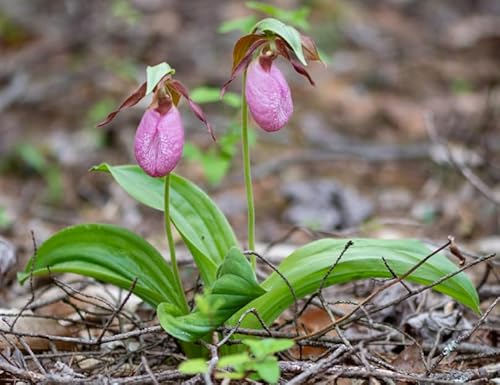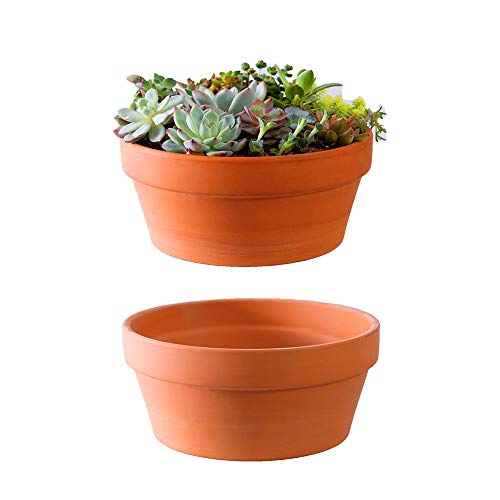Olaf, the American legal system was nicely described by Franz Kafka, in "Vor dem Gesetz" und "Der Prozess", or for those who don't drink "Bier", "Before the Law" and "The Trial". :evil:
By the way, what USFW service does when seizing orchid plants and arresting importers has been described many times on this site, accurately and in depth, but few bother to take notice and simply bark up the wrong trees about the issue. The
USFWS does not enforce CITES, they enforce
the LACEY ACT. :viking: Period, FULL STOP. So stop jabbering about CITES, that is not the law that USFWS enforces. Use the search function to bring yourselves up to speed, but please quit already going over a non-issue because that is not what USFWS is doing.

If you want to change things, write or talk with your Congressman about ammending the LACEY ACT, because that is US law that can be changed without re-negociating an international treaty. :fight: The Lacey Act was ammended to cover the basic requirements of CITES, but the Lacey Act existed for 50 years or more before the first CITES Treaty. The Lacy Act covers many facets of requlations around plants and animals. It was originally written to stop the killing of wild birds for the feather trade nearly a century ago. CITES is a small part of what it covers, CITES could disappear tomorrow and that would not change a thing as far as the USFWS enforcement goes, because they don't enforce CITES, they enforce the LACEY Act.
You have USDA - APHIS enforcing a set of rules governing the health status and labeling of what crosses the border and separately you have USFWS enforcing the Lacey Act, which is a set of laws outlining what species of plants and animals can cross the border. If the label is compliant to standards, and the health status of the plant or animal is acceptable, then USDA says it can pass their check points, but that does not mean it is acceptable under the Lacey Act. It does sound like a play written by Kafka, but it is US law. The two agencies are doing different things.
OK, I'm done being grumpy. Lets go back to talking about plants.

Olaf, that is one beautiful hybrid, and I do know there are people working to get legal Paph hangianum here in the USA, and sooner or later this won't be an issue. Don't forget folks, the rescue center that recieve confiscated plants can release plant parts that were grown here in the USA to private citizens. The dozen or so rescue centers have been getting seized hangianums for 20+ years now, sooner or later enough divisions, pollen and seed will have been legally released in the US so that this issue will become moot.
Back to my 'Bier' :evil:









































